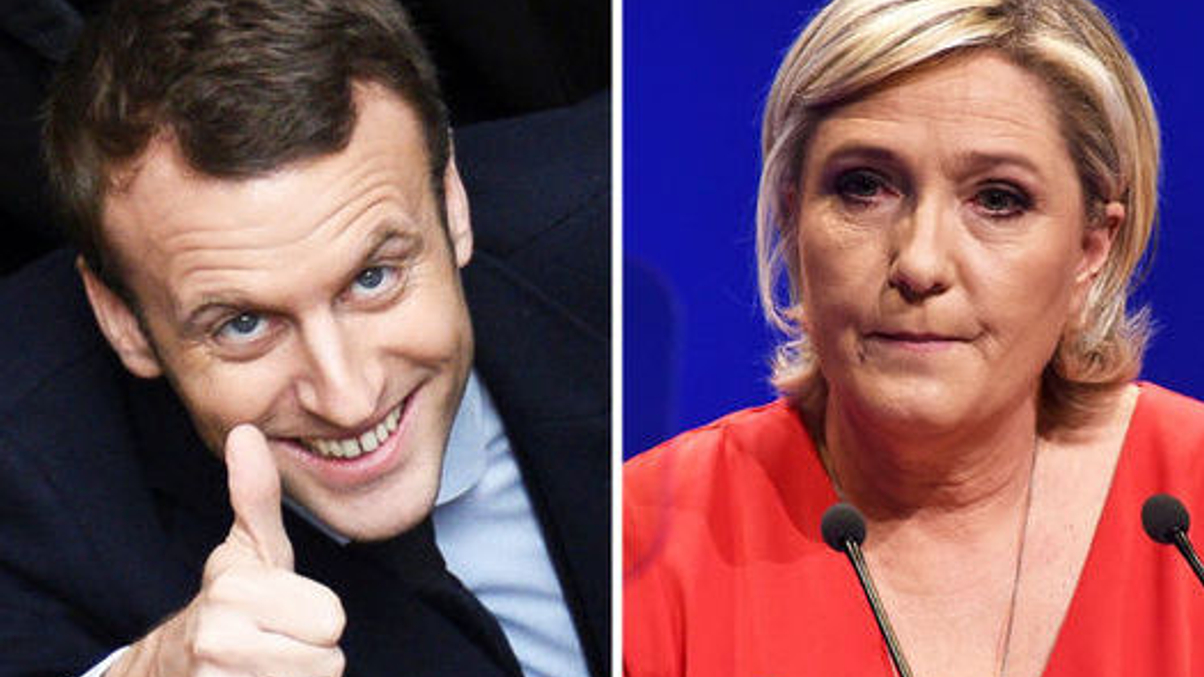Asia CIOs say “non” to Europe
Regional investment heads at DBS and Lombard Odier say emerging markets are a better bet amid heightened political risk and uncompelling valuations in developed Europe.

The twists and turns in the race for the French presidency are acting as a red flag for Asia-based investment managers, who advocate avoiding continental European equity and debt while political risks remain elevated and asset valuations are not cheap.
Sign in to read on!
Registered users get 2 free articles in 30 days.
Subscribers have full unlimited access to AsianInvestor
Not signed up? New users get 2 free articles per month, plus a 7-day unlimited free trial.
¬ Haymarket Media Limited. All rights reserved.


